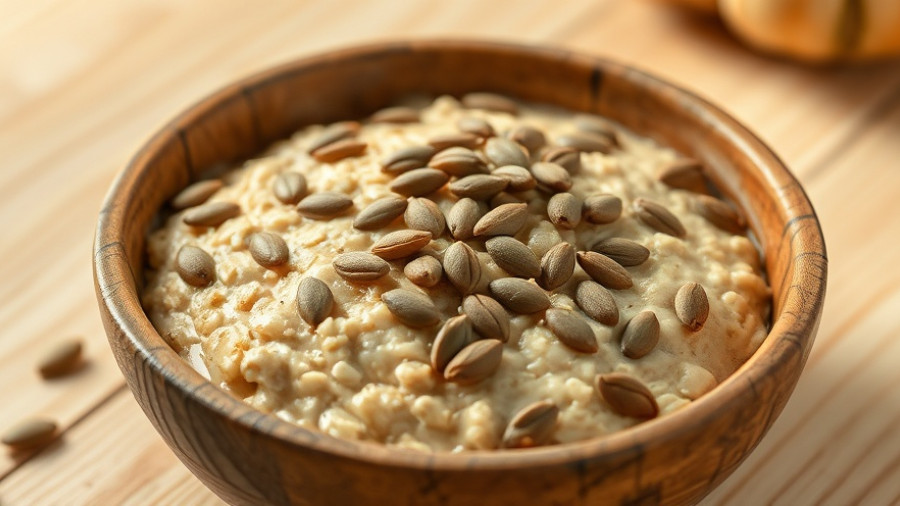
Why Freezing Cheese is a Common Mistake
When it comes to cheese, many home cooks face a tempting dilemma: to freeze or not to freeze? As the saying goes, knowledge is power, and in the case of cheese, this couldn't be truer. Freezing cheese can seem like a logical way to extend its shelf life, but experts warn that this method actually does more harm than good.
According to Steve Marko, Senior Director of R&D at Tillamook County Creamery Association, freezing cheese can alter its delectable characteristics. The moisture inside the cheese forms ice crystals that can break into the fat and protein structures, which may lead to undesirable textures and flavors upon thawing. In essence, a once-velvety cheddar can become pasty and grainy.
The Best Way to Store Your Cheese
But worry not, for maintaining cheese's freshness is entirely achievable with the right storage tips. Marko recommends keeping cheese in its original packaging until it's ready to use, then wrapping any leftovers in breathable materials like beeswax wraps or parchment paper. This method not only wards off unwanted air, but also enables the cheese to continue breathing and aging gradually.
Believe it or not, many cheeses can stay fresh for months—even longer—if stored properly in the refrigerator. The cheese’s integrity persists as long as you keep it clean, check for mold periodically, and slice only what you need each time. Just remember, before serving your cheese, let it sit at room temperature for about 20 minutes to unleash its full flavor potential!
Common Misconceptions About Cheese
It's important for home cooks to dispel some widely held beliefs about cheese. For those wondering if the date stamp on cheese packaging is the ultimate expiration marker, think again! With proper care, cheese can often last much longer than suggested. Marko even mentions having cheeses in his fridge for over a year without incident.
Many also believe softer cheeses are ideal for freezing; however, that can lead to an explosion of ice crystals and an altered flavor profile. Instead, cheese types with lower moisture content, such as cheddar or Parmesan, are recommended for cooking but should still be enjoyed fresh whenever possible.
Art of Using Leftover Cheese
If you inadvertently froze some cheese and are unsure how to revive it, all is not lost! According to experts, thawed cheese can still be utilized in melted dishes such as lasagna or casseroles, where taste and texture alterations won't detract from the final product.
For those adventurous enough, leftover cheese rinds are not to be discarded. They can add hearty flavor to soups or stews. Just toss a rind into the pot for an explosion of cheesy notes as it simmers away.
Time to Celebrate Cheese
As you enjoy your culinary adventures with cheese, don't forget to explore fun recipes that help highlight its unique flavors. From gooey grilled cheese sandwiches to sophisticated cheese boards, the possibilities are endless. Celebrate the art of cheese in all its glory by appreciating its complexities and nuances.
Take Action for Your Cheese Happiness!
Now that you’re armed with knowledge about cheesemaking and preservation, why not put that knowledge to good use? Incorporate these tips into your cooking routines and watch how your appreciation for cheese elevates your home-cooked meals.
 Add Row
Add Row  Add
Add 




Write A Comment